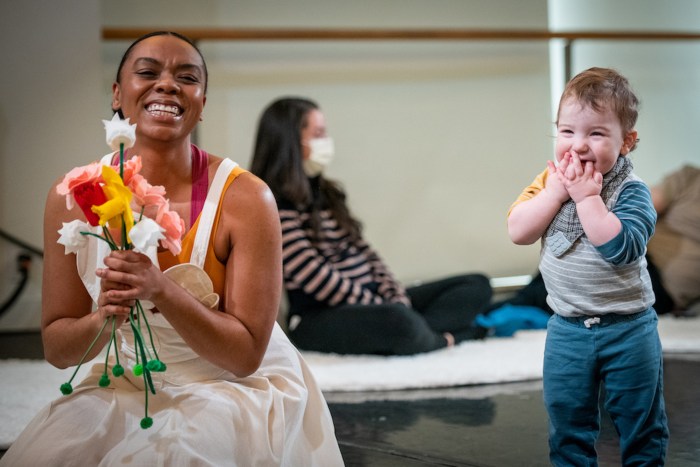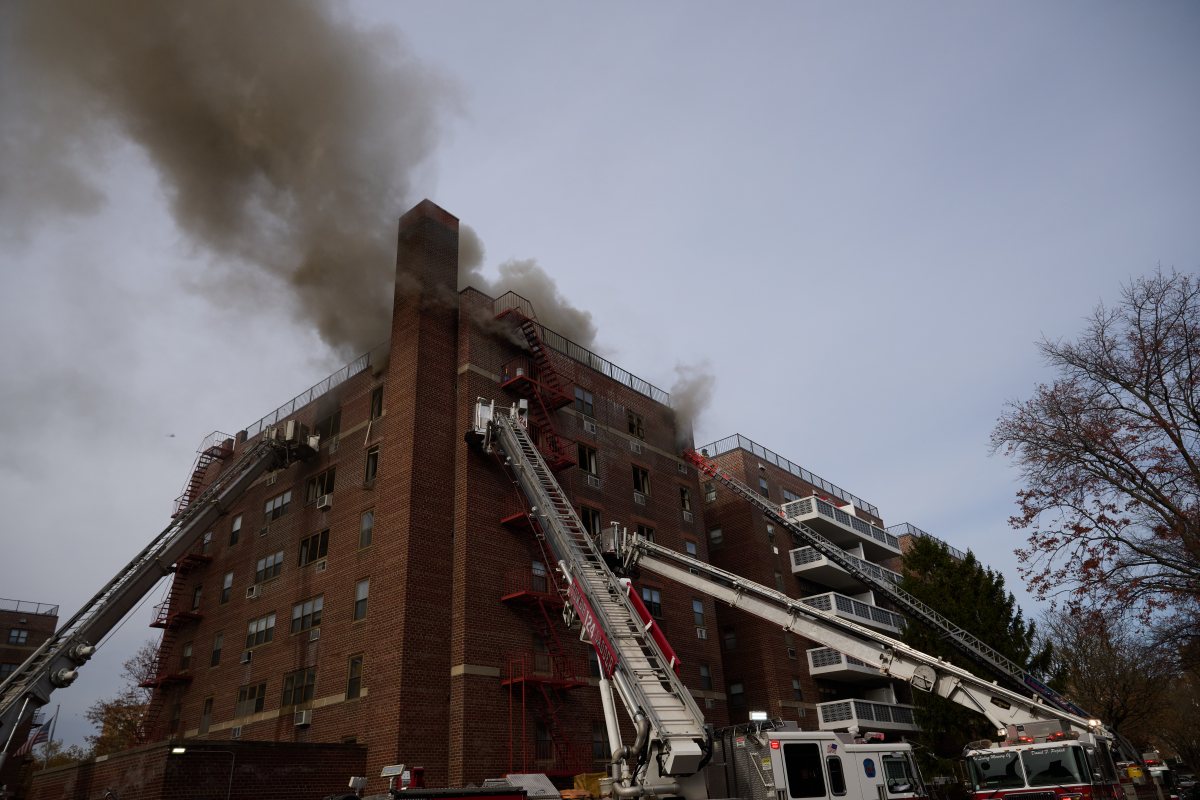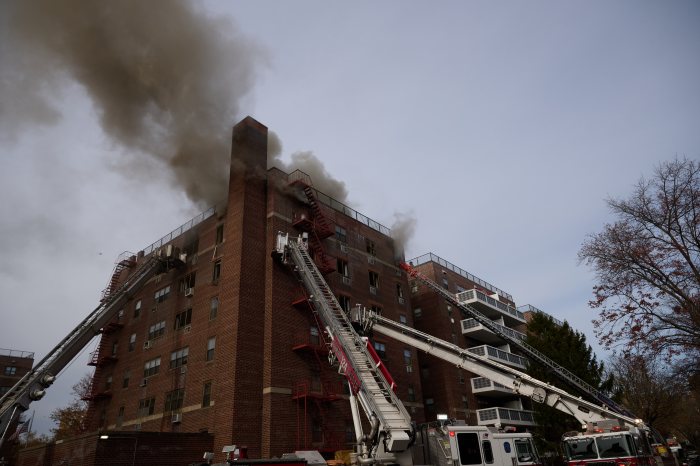By Aidan Gardiner
For Mike DeRosa, baseball seems to be rooted in the sandlots of Hillcrest, Queens, where as a young boy, he and his friends would play for hours, often forgetting to take a break for lunch. If one day they didn’t have enough players, they’d play long toss and hurl the baseball across the field to one another. They didn’t play to win. They played for a gratifying crack off a bat, a pop in a mitt and the red dirt left on the palm after a ball is thrown. They played for fun.
DeRosa is much older, now. His arms are longer and his skin is beaten by years of sun. He looks like a more weathered Scott Bakula, but with a jovial Queens brogue.
“We were out there from dawn till dusk,” DeRosa said. “We did it all day long. One of my arms is longer than the other. We did it all day long if there was nothing else to do.”
For the past 25 years, he’s tried to foster that same appreciation for the game from the sandlot as a volunteer umpire in the Greenwich Village Little League. He watched the league grow from a handful of teams to a multidivisional organization with 60 teams and roughly 180 kids. Like many other G.V.L.L. volunteers, DeRosa started volunteering when his son joined the league. The years of crouching behind the plate have taken their toll on his legs, but he shows no signs of quitting anytime soon.
“I feel like it’s one of the few things that I do really well,” he said. “I love baseball and I love kids so it all comes second nature.”
Every Saturday during the season, DeRosa is out on the field at 8 a.m. ready to work the day’s games. He once worked the older divisions, but has since limited his officiating to the minors, which is the last noncompetitive division in the league and is made up of 9-to-12-year-olds.
Richard Caccappolo, former G.V.L.L. president, said that G.V.L.L. depends on the several hundred volunteers who help coach, secure equipment and keep the organization running.
“They set the tone for both players and parents and they reinforce our values and goals,” Caccappolo said. “No one more so than Mike — he is the cornerstone of the foundation on which our league is built and continues to go higher.”
DeRosa is well known in the league for his nurturing umpiring style. He gives players tips, dispenses advice and often markedly improves players’ skills.
“I love that part of the game because I know from being a kid that it means a lot,” he said.
“Mike made it a point to instruct the kids with undying patience,” said Daniel Miller, G.V.L.L. president. “Even though the score might be lopsided, his attention to equal instruction to whoever needed it never waned. By leadership, he teaches sportsmanship.”
The two Little League games DeRosa ever played in his childhood turned him off to organized play. His manager publicly ridiculed the center fielder for dropping the ball.
“I’m sure he didn’t ever play again and that’s a crime because you don’t know what he’s going to become,” DeRosa said.
Little League games, like the Major Leagues, are subject to fans’ interference. DeRosa tries to police the field as much as the dugouts, which often means checking overeager team managers and parents. He said that he encourages the players to make them fall in love with the game, and that the more competitive aspects can come later.
“The aim is not to get them into the Majors. It’s not even to get them a college scholarship,” he said. “And that’s what the league has always tried to stand for. We’re not here to beat anybody’s brains out or win any game 20 to nothing.”
Baseball is a back-and-forth game of emotions, of jubilation and despair. Out of such small moments, come the most powerful human feelings, which can be hard for kids to handle.
“Some of them will really get upset,” DeRosa said. “I go out and tell them, ‘You did your job right. You threw strikes. They hit the ball. How are we going to learn to play baseball if nobody hits the ball?’ ”
It’s easy for kids to get lost in failure and lose sight of the value of baseball. DeRosa said he recognizes that and added that he works every day to share with the players how he felt as a child when he fell in love with the game.
“These kids shouldn’t be playing Little League,” he said. “They should be playing sandlot amongst themselves, but that can’t happen anymore.”
DeRosa was still playing sandlot baseball in 1961 when the Yankees’ Mickey Mantle and Roger Maris traded at-bats, vying to overtake Babe Ruth’s single-season home run record of 60.
“I always tell people, ‘That’s why I’m still umping for 9-year-olds. I’m still 9!’” he said. “There’s still a little part of me that wants to be part of it. It was so beautiful and wonderful.”



































